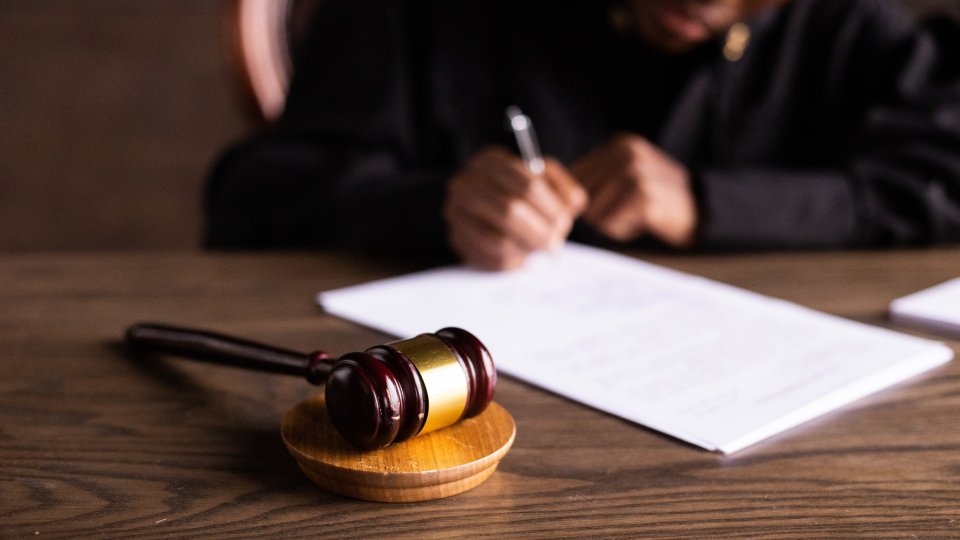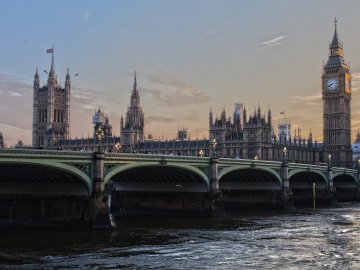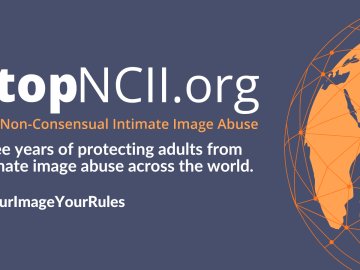Amendments to intimate image abuse laws announced on the 27th of June 2023 will remove the requirement for prosecutors to prove that perpetrators intended to cause distress when sharing intimate images without consent.
The latest amendments will come into effect alongside the Online Safety Bill, and may make it easier to charge, and convict, the sharing of intimate images without consent. Reforms are in place following the work of campaigners such as Georgia Harrison and Dame Maria Miller MP, alongside recommendations from the Law Commission.
How will this change the law?
The recently amended Online Safety Bill will make the sharing of intimate images without consent a base offence, with a maximum penalty of six months imprisonment. Cases where prosecutors can prove an intent to cause distress, embarrassment, alarm or for obtaining sexual gratification will also be given a sentence of up to two years in prison. Alongside this, any offender found guilty of sharing intimate images for sexual gratification could be placed on the sex offender register.
Since 2015, intimate image abuse, commonly known as revenge porn, has been criminalised. However, the Law Commission review, under recommendations from the Revenge Porn Helpline, outlined measures that could better support those affected by intimate image abuse. Previously, victims needed to prove an intent to cause humiliation or distress through the sharing of intimate images. Now, the updated legislation will help to give police and prosecutors the power to bring perpetrators to justice.
These latest changes will also criminalise the sharing of deepfake pornography, or manufactured intimate images, without the consent of those depicted. Deepfakes, an image where a person’s face or body is changed to replace the likeness of one person with another, have been used to give the illusion that the person photographed is either nude, semi-nude, or taking part in a sexual act.
Sophie Mortimer, Revenge Porn Helpline Manager at SWGfL, said:
“The Law Commission made substantial recommendations last year for an overhaul of the law around the sharing of intimate images without consent, recognising that the law as it stood was not providing the justice necessary for victims of this abhorrent and devastating crime.
We are delighted that the government has committed to include these changes in the Online Safety Bill. Through the cases we manage at the Revenge Porn Helpline, we know that women and girls are disproportionately affected by this behaviour and greater protections for them, and effective prosecution of perpetrators, are a significant step towards better justice outcomes for all.
There is, however, more to do. Currently there is no right for victims to have their intimate content removed from the internet post-conviction, an injustice that is still not covered by law. We would hope that this is still actively addressed to better support those experiencing intimate image abuse.”
Further laws around intimate image abuse have seen significant change in the past few years, with upskirting becoming a criminal offence in 2019, and threats to share intimate images being included under the Domestic Abuse Bill in 2021.
Contact the Revenge Porn Helpline
If you have been affected by intimate image abuse, you can contact the Revenge Porn Helpline on 0345 6000 459, or through email via help@revengepornhelpline.org.uk. The Helpline is open between 10:00 to 16:00, Monday to Friday (excluding bank holidays).
You can also access 24/7 advice and support through the Revenge Porn Helpline website and chatbot, located in the right-hand corner of the website.






